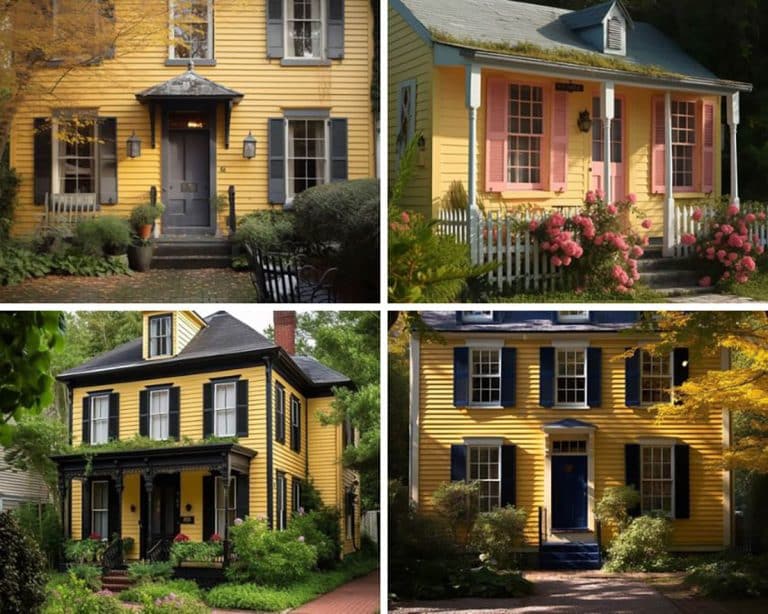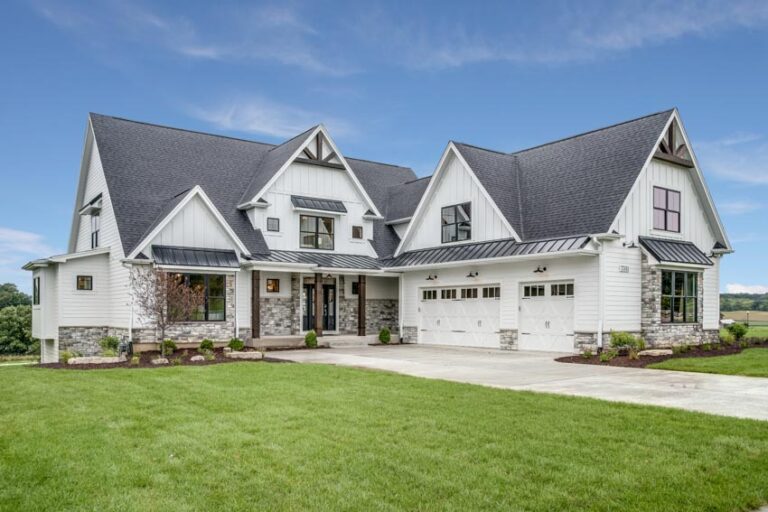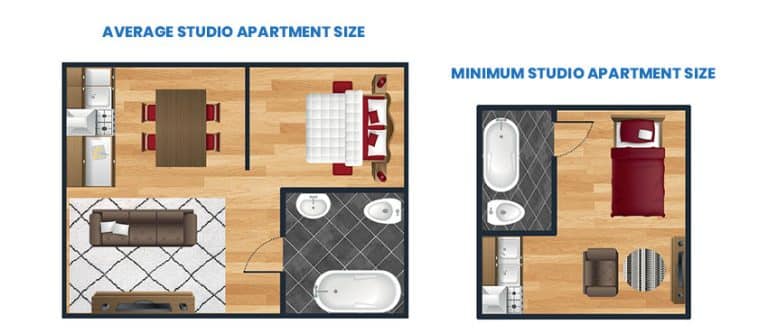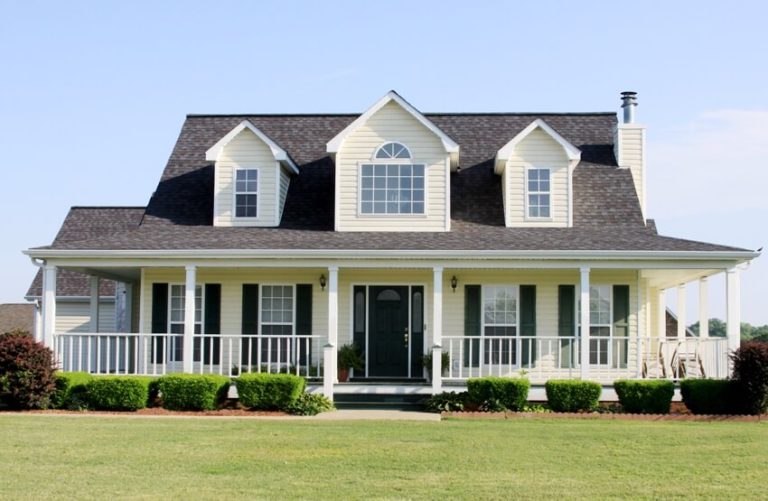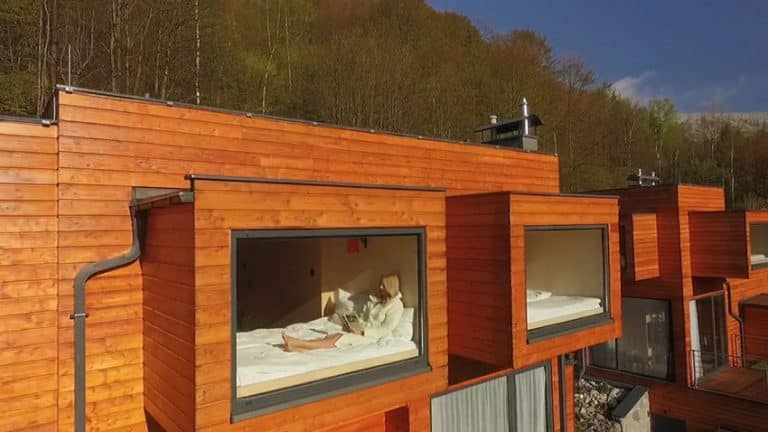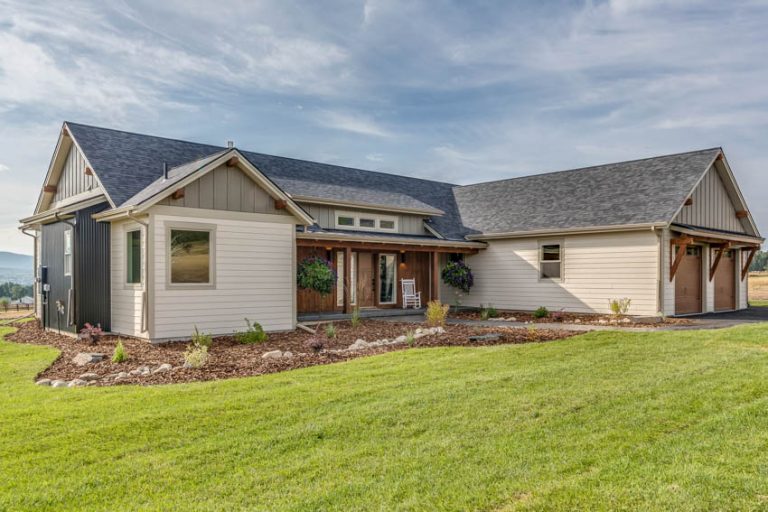Flat Roof vs Pitched Roof
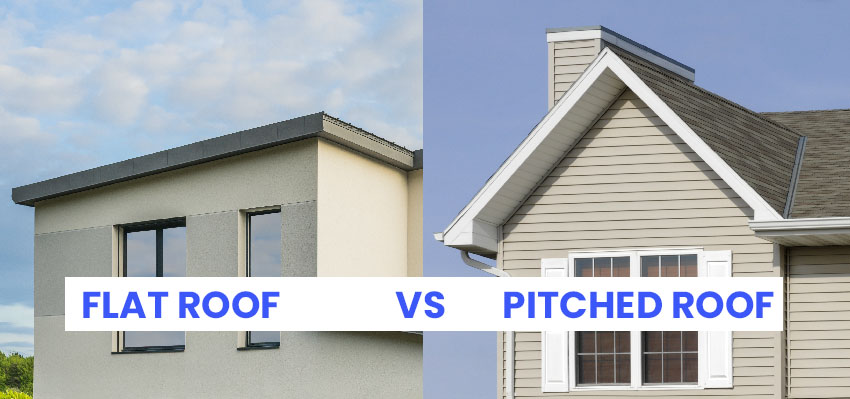
The type of roof on your home can have a major impact on its lifespan and functionality. Depending on the area you live it may be essential to choose the proper roof to ensure your structure’s integrity. Below we will break down a comparison between two types and explain why one may be better than the other.
What is a Pitched Roof vs Flat Roof
Pitched Roof – To be defined as a pitched roof the roof needs to have a few components. Specifically, a roof needs to have a peak and a base. Those two components create the ‘pitch’ that gives this type of roof its name. In simpler terms a pitched roof house is a house that looks to have a triangle on the top.

Upload a photo and get instant before-and-after room designs.
No design experience needed — join 2.39 million+ happy users.
👉 Try the AI design tool now
These types of roofs create attics in the home that can be used for construction purposes, or even an extra room or storage space. Go to our article about pitched roof types for more in-depth guide.
Flat Roof – Opposing the above mentioned pitch roof the flat roof has no peak and no pitch. Though the name suggests that the roof is completely flat, there is a small required slope that the roof must have so it does not collect water or debris on the top of the home. Too much water or snow collecting on the flat roof could cause a collapse. See our article about flat roofs for a more in-depth guide.
What Are The Advantages of Flat Roofs on Houses?
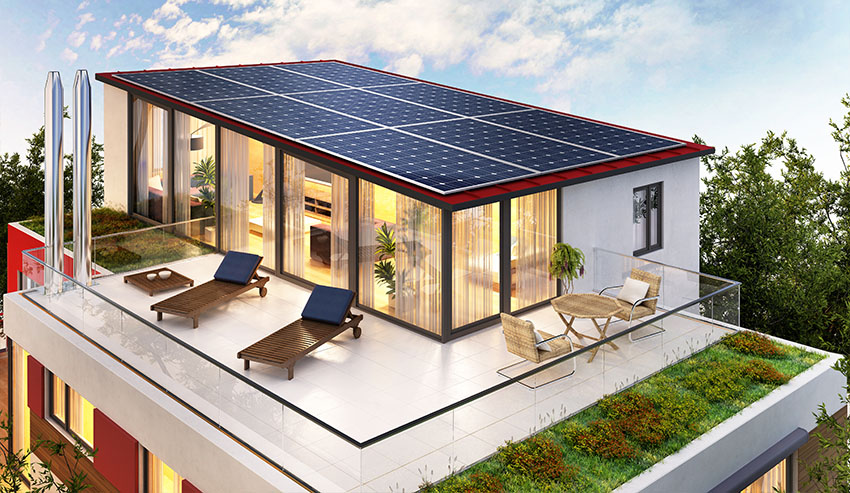
Lower Initial Cost – Initially a flat roof has a lower sticker price. This is usually due to the lower cost of materials since there is less square footage of roofing that needs to be built. The labor costs are also a great deal lower for a flat roof since their method of installation is not very complex due to the simple structure.
Aesthetics – The flat roof gives a modern and sleek design, which is often cooler and trendier when designing a building. This type of roof can be used on both residential and commercial buildings which opens up the design floor for a great deal of possibilities. This type of roof gives the building room to embrace a minimalist design, or focus on other elements besides the roofing.
Usable Space – A flat roof gives a great deal more when it comes to usable space. Often attics are small, stuffy and cramped. This makes them the last possible space someone will use. Instead of creating an undesirable space, a flat roof eliminates the cost and the upkeep of an attic area.
What Are The Disadvantages of Flat Roofs on Houses?
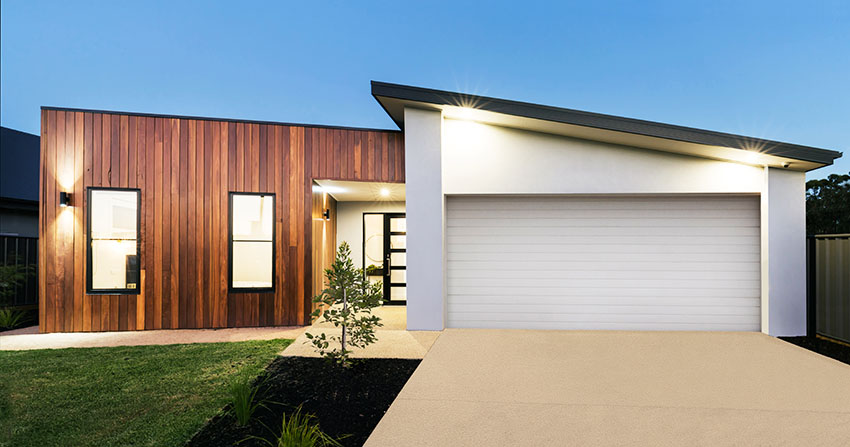
Unfortunately, there are a few disadvantages you will have to live with if you move forward with the flat roof. Some of the highlights are as listed:
Maintenance – With that lower initial cost mentioned above there are typically more maintenance costs that come up in the long run, and that is very true when it comes to flat roofs. Flat roofs have the potential for structural complications which means special attention needs to be paid when there is a great deal of snow or rain.
Too much of a heavy load on the roof could cause a collapse. It is of dire importance to make sure the roof is inspected as well as the gutters and drains are properly functioning to avoid potential devastation.
Potential for Leaks – As mentioned, with the maintenance, water or snow could pile up on the roof, even if it is not heavy enough to break anything, it still runs the risk of leaking through if it sits too long in the rooms.
Lifetime – Keeping in mind the maintenance and potential for leaking the lifespan of flat roofs is significantly lower than that of its pitched roof opponent. Flat roofs live an average of 10 years before the need for replacement, if they are properly cared for.
What Are the Advantages of Pitched Roofs on Houses
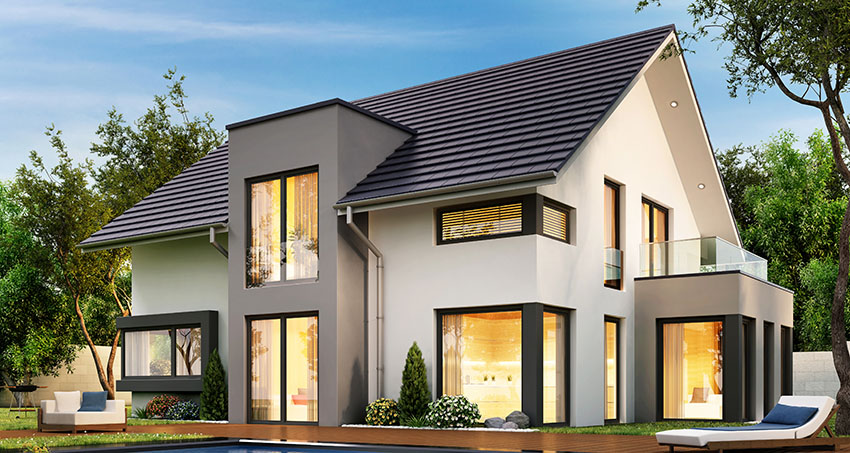
Switching back over to the pitched roof , there are a ton of advantages of getting a pitched roof. Basically take the cons of the flat roof, and the pitched roof fixes those problems.
Maintenance – Unlike flat roofs a pitched roof pushes snow and water off easily thanks to our great friend gravity. Without the added weight of any weather, and the lack of sitting water there is barely any maintenance that needs to be done. There is a great reduction in the potential for leaks or the roof caving in.
Lifetime – A pitched roof can live a long and fruitful life of anywhere from 20 to 50 year depending on the climate and if they are properly cared for.
What Are The Disadvantages Of Pitched Roofs on Houses
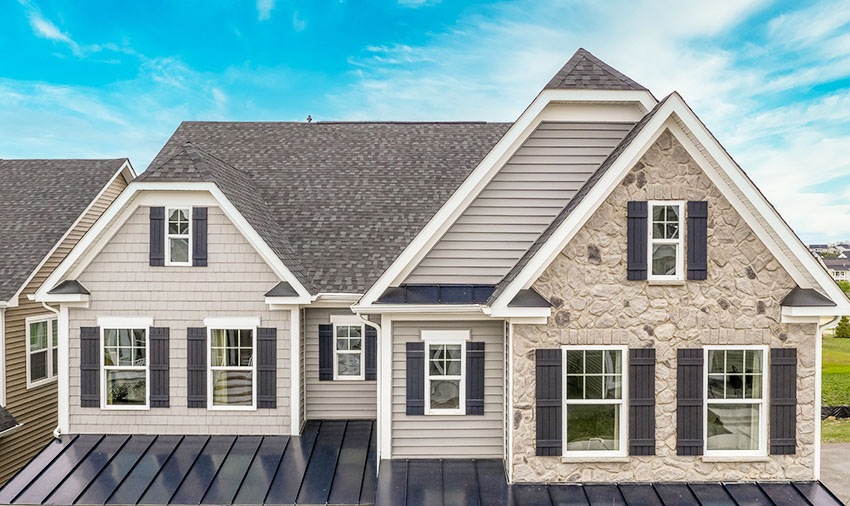
Just like the flat roofs there are a few disadvantages that come forward with a pitched roof.
Higher Initial Cost – At first a pitched roof has a higher sticker price. But taking into account the length of life, the price is typically worth it to avoid doubling that price when you have to get a replacement in a short amount of time. The price is justifiable higher too, there is more labor and materials involved that cause the price to rise for a pitched roof.
Livable Space – As mentioned some attics are small, stuffy and cramped, which can be unattractive to some individuals. Why would you have unlivable square footage some may think. Though it is often the case that attics are unused, it could also become a space for storage, or in some cases, a teen looking for their own space. Getting creative with an attic can make this con into a pro in the long run. Check out our article about the types of attics on these page.
Cost of Flat Roof vs Pitched
Pitched Roof – A pitched roof is going to cost about $10,000 – $13,000 for about 2,000 square feet . Luckily you may never see another roof involved price as long as you live in the house if you play your cards right.
Flat Roof – A flat roof is going to cost about $5,000 – $8,000 for about 2,000 square feet . This cost will come up again in about 10 years as well as the cost for yearly inspections and drain cleanings.
Cost To Replace Flat Roof With Pitched Roof
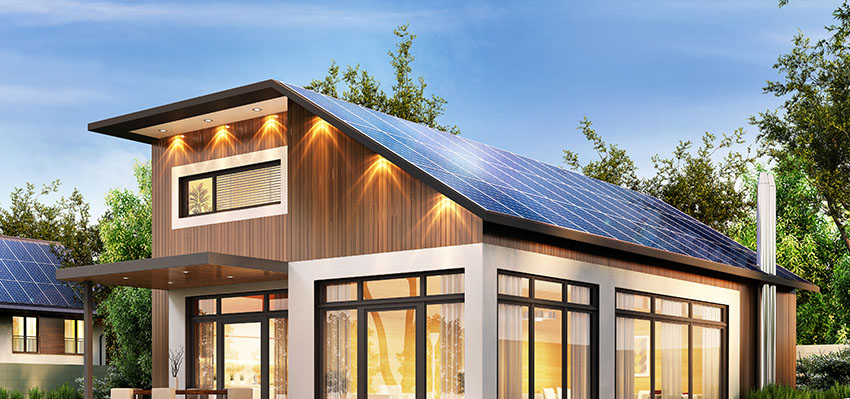
If you end up replacing your flat roof with a pitched roof, you could be looking at about $7000 for about 2000 square feet. There could also be additional costs for siding or other architectural features that need to be included.
Which Is Better Flat Roof or Pitched Roof
Overall, a pitched roof is better in all categories except upfront cost, but the roof tends to pay itself off in the long run.

